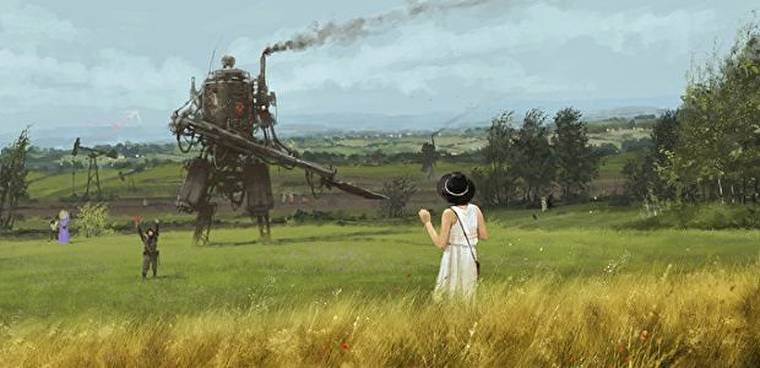Thesis on the form of magic within the Arcane Tapestry
The Arcane Tapestry. Named as such from the descriptions of an ancient Cerenian man, who thought that the magical energies that could be seen with his third vision looked like a woven fabric of sorts. Weaving together, person to person, and rock to tree, and tree to person, and so on and so forth. It may not be the most nuanced description of magic, but it is the most digestible.
So what is it? What is the Arcane Tapestry that seems to wrap itself through and around and throughout both the living and the inanimate world? What does it do, and where did it come from? The short answer is that we do not know what exactly the arcane fabric is, other than the energy that is called up when one wishes to cast any sort of spell. Anyone attempting to do any action that might be considered arcane in nature must seize the threads of magic, and pull them into new shapes and configurations. Re-weaving them to get the desired effect. We have not always had this level of magic, as one might be surprised to learn. Samples from the Ever Night and other ancient artifacts tell us that before the Realmshatter, there was merely a sixth of the magic that is in the world today.
During the Realmshatter, however, Sol Nua was flooded with threads of magic. Each one weaving itself into the world seamlessly, and propagating even more threads as they wove the Arcane Tapestry. Over time, the Tapestry has only gotten strengthened itself, it's threads strengthening and growing with each passing year and century. The majority of the arcane community views this as a wholly good or at the very least a neutral process. A few arcanists, against the wishes of the wider arcane community, have posited a possibly dangerous question.
What if we were to cut away a portion of the Arcane Tapestry? Could we render dangerous individuals incapable of their magic? Would that injure the Tapestry permanently? Perhaps the Tapestry would defend itself, or maybe we could distill it's threads down into pure magic. I, for one, hope that we never get an answer to these questions for the implications are too dire.


Comments